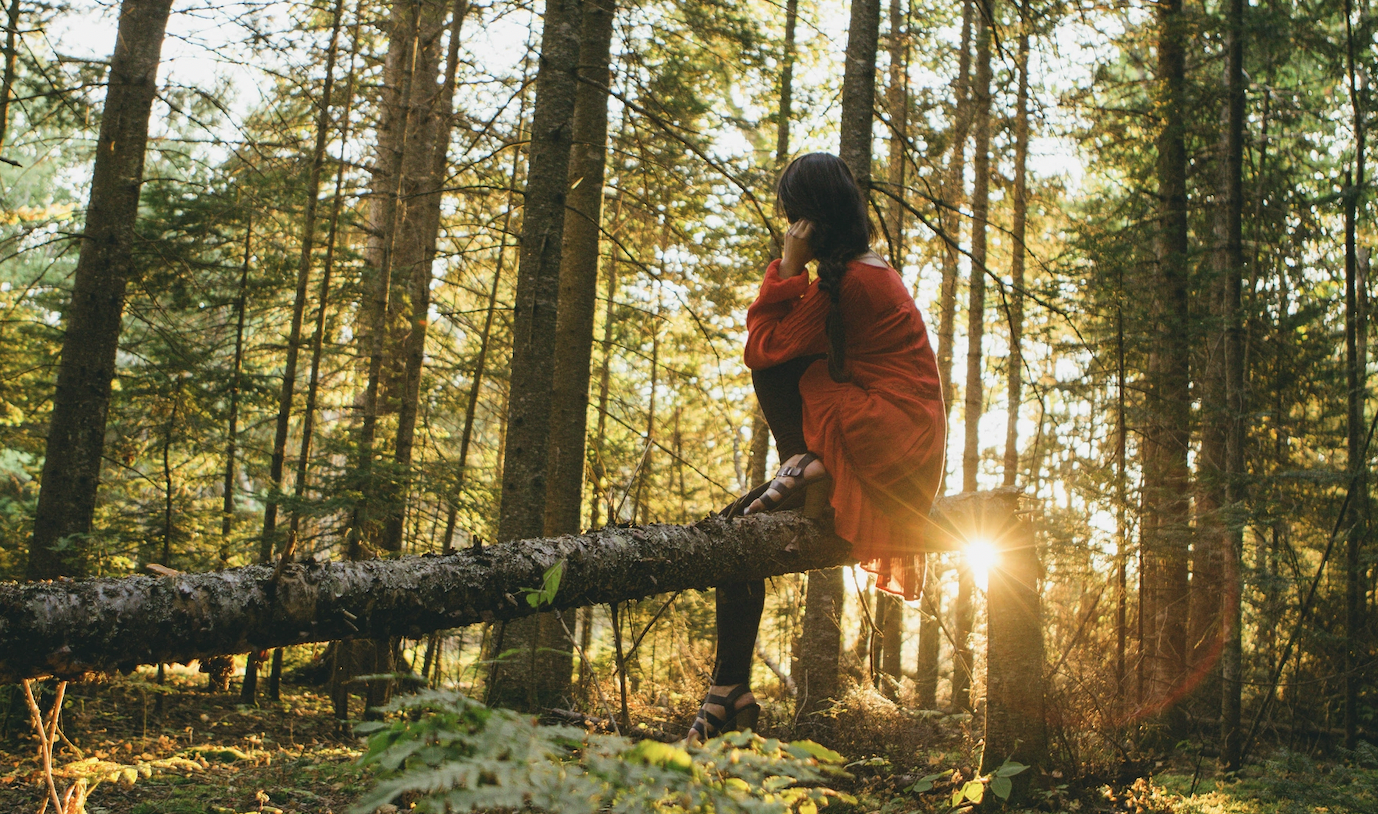In our fast-paced world, taking a simple moment to be in nature can have profound impacts on our mental well-being. Many of us spend the majority of the day in front of screens in technology-heavy and sensory overload work and social environments. There is a large interconnectedness between nature and better mental health, with decades of evidence-based research to support positive short-term and long-term health outcomes.
Let’s dive into the psychological benefits of being in nature and how you can incorporate it into your routine:
Stress Reduction
Stress regulates and stimulates our sympathetic nervous system. Nature provides us with the opportunity to disconnect from our daily stressors with a level of stability and tranquility. Our sympathetic nervous system controls our flight or fight response, energy, alertness, and blood flow. Being in or surrounded by nature can regulate this system, automatically providing relief and reduced levels of stress. Even urban nature can provide instant relief. Try to take 5 minutes a day to be in nature and notice the positive impacts on your reduced stress levels, self-esteem, and mood!
Self-Esteem and Mood
Being in nature provides us with the opportunity to escape our everyday routine and stimuli. People who spend more time outdoors report higher levels of happiness and a greater sense of vitality. It allows us to feel connected to something bigger, outside of our apartments, homes, and desks. Changing our environment can help us with existential struggles, connecting us with our local community, and feeling a larger sense of purpose in our lives.
Cognitive Improvement
Nature is full of captivating stimuli that often grab our attention. Think about a beautiful mountainscape, sunset, panoramic view, colorful leaves, or an abundant bushel of greens. This captures our attention, even for a brief moment of time without obligation. Studies show that after spending time in nature, we are better able to complete tasks that require our direct attention. This is known as the "Attention Restoration Theory.” This theory states that being in nature is linked to improvements in memory, attention, creativity, and cognitive function. Try going for a hike, taking a walk in a park, or gardening!
Mindfulness and Presence
Nature encourages mindfulness which helps us remain in the present moment. It allows us to get rid of distractions and worries. The innate calmness of nature allows us to notice our thoughts, emotions, and feelings without hyper-fixing them. There are many sensory experiences with being outdoors that can be used as a mindfulness activity. Focus on your environment when in nature and try the following:
What can you see?
Focus on the intricate details of water tides or details on a leaf. What color is it? What is the texture? Is there a pattern?
What can you hear?
Listen to a singing bird or direct your focus to the sound of your feet stepping on the ground. Is the bird close by or far away? Does stepping on the ground make a loud or soft sound?
What can you smell?
Is there an earthy scent? Are there flowers with a sweet or pungent smell? Can you smell a nearby body of water?
Incorporating mindfulness can help reduce rumination and is linked to improvements in several mental health conditions including Anxiety, Mood Disorders, Depression, ADHD, OCD, and PTSD. Being in nature and increasing mindfulness practices allow us to be more in tune with our feelings and ultimately more appreciative of ourselves and the world around us.
How Do I Spend Time in Nature if I Live in an Urban Area?
Being in a large urban area like NYC can limit our access to nature. While it may not be a full replacement, studies have shown that there are positive effects of incorporating elements of it through our senses. Being in nature doesn’t have to mean going outside, but it does help! Here are some different ways to incorporate nature into our routine using our senses:
- Try listening to nature soundtracks like ocean tides, rainstorms, or birds
- Add rich plants into a work or home space
- Invest in a scent diffuser and buy nature-related scents (i.e eucalyptus, lavender, birch wood, sea salt, pine, and cedar)
- Decorate your space with nature visuals, somewhere that you actively look.
If you have the opportunity to step outside, try finding a street with greenery or a park to walk through. If you don’t have easy access to nature, you can still connect with it in a big city by visiting urban green spaces. Luckily, NYC is home to many state parks. In NYC alone, there are over 1,500 parks! Check out this link below where you can search for a park by neighborhood!
Incorporating nature into your daily routine doesn’t have to be time-consuming or a large adventure. Taking simple steps like adding greenery to your space, sitting under a tree, or going on a walk has been proven to yield significant psychological benefits. Next time you feel overwhelmed, take a moment to go outside, listen to the birds, and take notice of what is around you!
Resources

